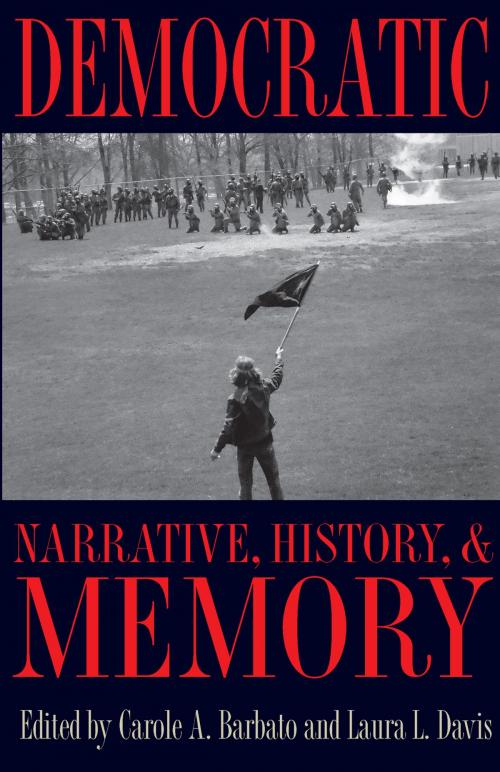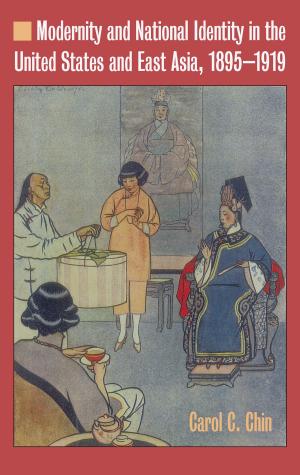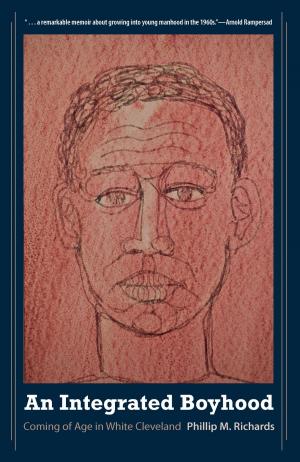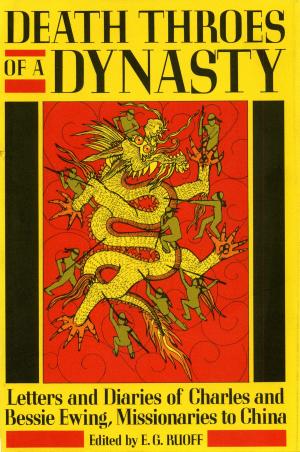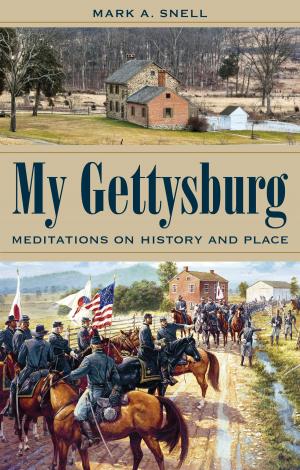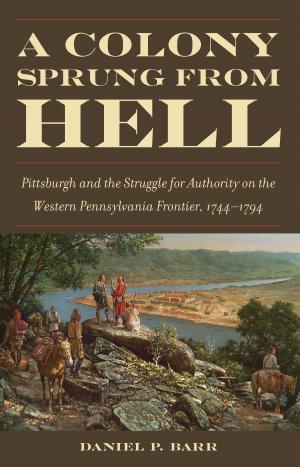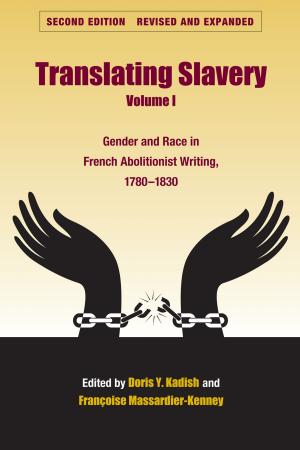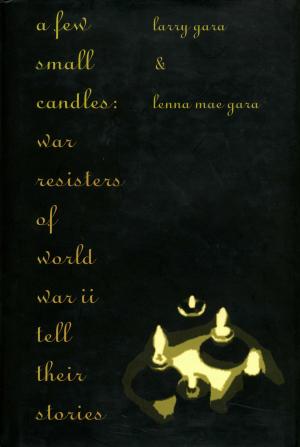Democratic Narrative, History, and Memory
Nonfiction, History, Americas, United States, 20th Century| Author: | ISBN: | 9781612776446 | |
| Publisher: | The Kent State University Press | Publication: | December 21, 2011 |
| Imprint: | The Kent State University Press | Language: | English |
| Author: | |
| ISBN: | 9781612776446 |
| Publisher: | The Kent State University Press |
| Publication: | December 21, 2011 |
| Imprint: | The Kent State University Press |
| Language: | English |
Social justice and the shaping of public memory
The essays in this volume explore the complex relationships among events, memory, and portrayal of those events and the deepest questions of human experience, all viewed through a range of disciplinary lenses but grouped into three sections, each with its own focus and meaning.
The first group of essays focuses on the events of May 4, 1970, when the Ohio National Guard shot Kent State University students, killing four of them and causing shock waves that continue to resonate among those concerned with peace and violence, silence, and giving voice. Essays in the second group address the part played by corporate and noncorporate media in shaping public memory and raising public consciousness. The final section examines acts of remembrance and reconciliation within local communities and the long history of discrimination within the national community, directly and indirectly proposing ways in which society can move toward social justice.
For four decades, the Kent State University community has worked to preserve the stories of those who were lost on May 4th, both to honor them and to reveal the universal meanings behind the events. The community is negotiating, in a literal sense, the space between memory and history and between social remembering and historical analysis. For many at Kent State and in other communities that have experienced violence, the historical event is a lived event. Acts of scholarship are sometimes acts of remembrance and commemoration at the same time.
This volume emanates from a commemorative act—the University’s tenth Symposium on Democracy, founded in 2000 as a living memorial to the four students who lost their lives and as an enduring dedication to scholarship that seeks to prevent violence and promote democratic values and civil discourse. The work in this collection pursues historical meaning that holds relevance for a particular community and speaks indelibly to the entire human community.
Social justice and the shaping of public memory
The essays in this volume explore the complex relationships among events, memory, and portrayal of those events and the deepest questions of human experience, all viewed through a range of disciplinary lenses but grouped into three sections, each with its own focus and meaning.
The first group of essays focuses on the events of May 4, 1970, when the Ohio National Guard shot Kent State University students, killing four of them and causing shock waves that continue to resonate among those concerned with peace and violence, silence, and giving voice. Essays in the second group address the part played by corporate and noncorporate media in shaping public memory and raising public consciousness. The final section examines acts of remembrance and reconciliation within local communities and the long history of discrimination within the national community, directly and indirectly proposing ways in which society can move toward social justice.
For four decades, the Kent State University community has worked to preserve the stories of those who were lost on May 4th, both to honor them and to reveal the universal meanings behind the events. The community is negotiating, in a literal sense, the space between memory and history and between social remembering and historical analysis. For many at Kent State and in other communities that have experienced violence, the historical event is a lived event. Acts of scholarship are sometimes acts of remembrance and commemoration at the same time.
This volume emanates from a commemorative act—the University’s tenth Symposium on Democracy, founded in 2000 as a living memorial to the four students who lost their lives and as an enduring dedication to scholarship that seeks to prevent violence and promote democratic values and civil discourse. The work in this collection pursues historical meaning that holds relevance for a particular community and speaks indelibly to the entire human community.
